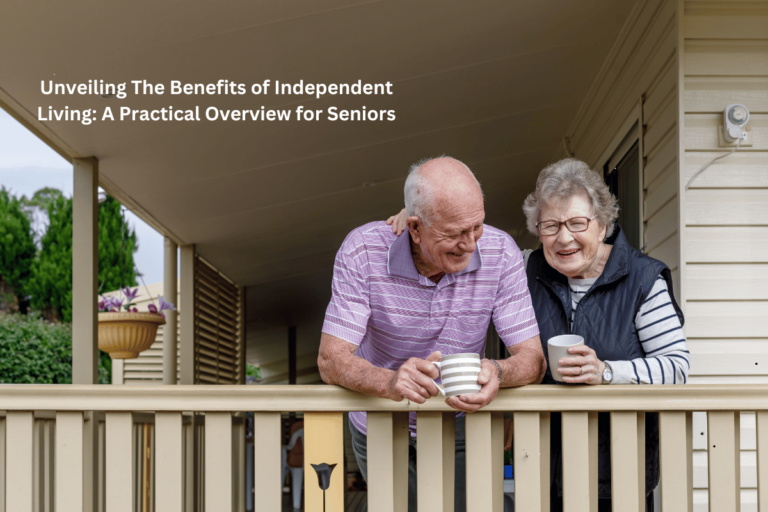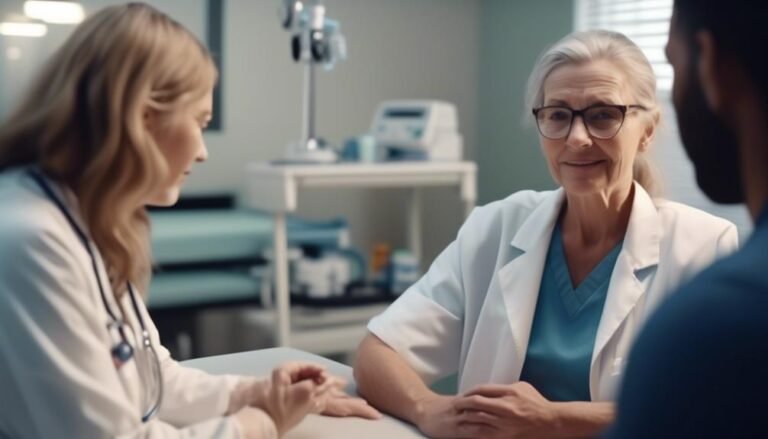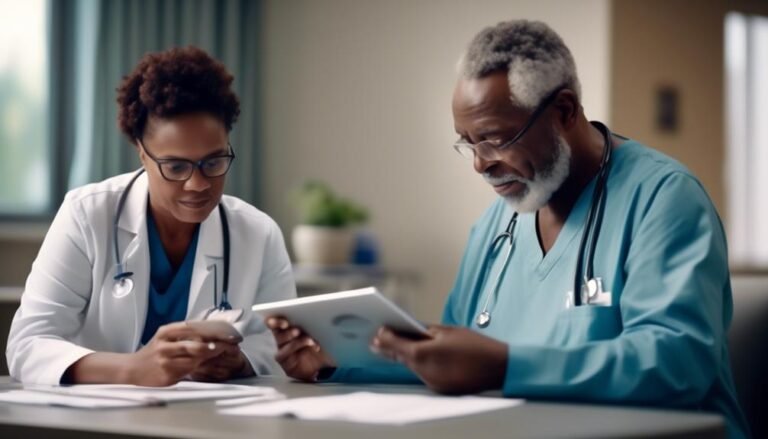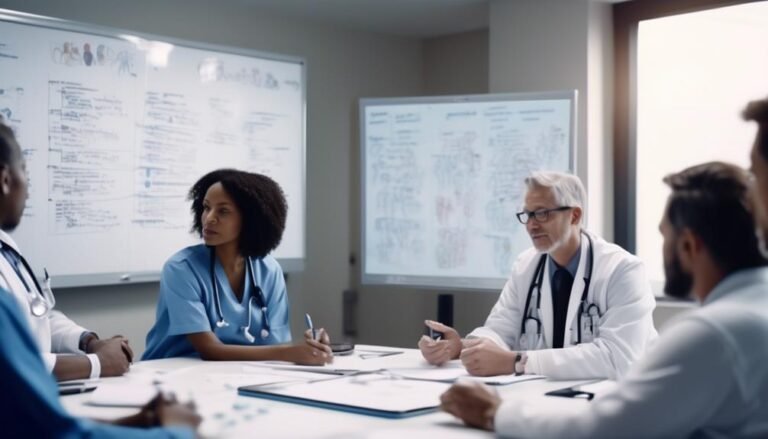The Power of Active Listening in Building Patient Trust and Loyalty
In the realm of healthcare, the significance of patient trust and loyalty cannot be overstated. Within this context, the role of active listening in fostering these crucial elements has garnered increasing attention.
The ability to truly hear and understand a patient's concerns, fears, and needs is a skill that goes beyond mere communication; it is a cornerstone of patient-centered care. The impact of active listening on patient outcomes and satisfaction is profound, yet often underestimated.
As we explore the intricate interplay between active listening and patient trust and loyalty, we uncover the tangible and intangible benefits that can transform the healthcare experience for both patients and providers.
Key Takeaways
- Active listening is positively correlated with increased levels of trust, satisfaction, and loyalty reported by patients.
- Patients are more likely to actively participate in their healthcare when they feel heard and understood through active listening.
- Empathetic listening builds trust and rapport between patients and healthcare providers, leading to enduring patient-provider relationships.
- Active listening leads to improved patient outcomes, including better treatment outcomes, increased patient compliance, and accurate diagnoses.
The Impact of Active Listening on Patient Satisfaction
The impact of active listening on patient satisfaction is evident in the positive correlation between healthcare providers who practice active listening and the increased levels of trust, satisfaction, and loyalty reported by their patients.
Active listening plays a pivotal role in improving empathy, as it allows healthcare providers to truly understand their patients' concerns, emotions, and needs. By attentively listening to patients, healthcare providers demonstrate a genuine interest in understanding their perspectives, which fosters a sense of empathy and compassion.
This, in turn, leads to enhanced patient engagement, as individuals are more likely to actively participate in their healthcare when they feel heard and understood. Moreover, active listening creates a supportive environment where patients feel valued and respected, ultimately contributing to higher levels of satisfaction.
Patients who feel listened to and understood are more likely to develop a sense of loyalty towards their healthcare providers, leading to long-term, trusting relationships. Therefore, the impact of active listening on patient satisfaction extends beyond the immediate interaction, shaping enduring and positive healthcare experiences.
Building Trust Through Empathetic Listening
Empathetic listening serves as a foundational element in establishing trust and fostering strong patient-provider relationships in healthcare settings. It involves actively seeking an empathetic understanding of the patient's perspective and experiences, beyond simply hearing their words. When healthcare providers engage in empathetic listening, they convey genuine care and concern for the patient's well-being, which in turn strengthens patient rapport and loyalty.
Here are some key ways in which empathetic listening contributes to building trust in healthcare settings:
- Validation: Patients feel acknowledged and understood when their emotions and experiences are validated through empathetic listening.
- Improved Communication: Empathetic listening enhances communication by creating a safe space for patients to express their concerns openly.
- Enhanced Patient Satisfaction: Patients are more likely to feel satisfied with their care when they perceive that their healthcare provider truly understands and empathizes with their situation.
- Building Rapport: Empathetic listening lays the foundation for building strong rapport between patients and healthcare providers, leading to more collaborative and effective healthcare outcomes.
- Increased Trust: Through empathetic listening, trust is nurtured, leading to stronger and more enduring patient-provider relationships.
Enhancing Patient Communication With Active Listening
Enhancing patient communication through active listening is essential for fostering trust and promoting positive healthcare outcomes. Improving rapport and communication skills is crucial in establishing a patient-centered approach.
Active listening involves not only hearing the patient's words but also understanding their emotions and concerns. One way to enhance patient communication is by demonstrating empathy and understanding during interactions. This can be achieved by maintaining eye contact, nodding to show understanding, and using verbal cues such as 'I see' or 'I understand'. Additionally, paraphrasing the patient's concerns and summarizing their main points can show that their words are being actively listened to and understood.
Moreover, asking open-ended questions can encourage patients to express themselves more freely, leading to a deeper understanding of their needs and concerns. By actively listening and engaging with patients in a meaningful way, healthcare providers can create a supportive and trusting environment, ultimately improving patient satisfaction and loyalty.
Therefore, honing active listening skills is fundamental in enhancing patient communication and fostering positive healthcare experiences.
Active Listening: A Key to Patient Loyalty
Developing strong active listening skills is crucial for building patient trust and loyalty in healthcare settings. Active listening goes beyond just hearing what patients say; it involves fully concentrating, understanding, responding, and remembering what is being said. This not only enhances patient engagement but also demonstrates the healthcare provider's commitment to understanding the patient's needs and concerns.
Here are key reasons why active listening is essential for patient loyalty:
- Improved Patient Satisfaction: Active listening fosters better communication, leading to improved patient satisfaction with the healthcare experience.
- Enhanced Patient Trust: Patients feel valued and understood when healthcare providers actively listen to them, which leads to enhanced trust in the provider's care.
- Better Treatment Outcomes: Understanding patient concerns through active listening can lead to more accurate diagnoses and effective treatment plans.
- Increased Patient Compliance: Patients are more likely to adhere to treatment plans and follow medical advice when they feel heard and understood.
- Positive Reputation: Healthcare providers who actively listen to their patients are more likely to be recommended, leading to a positive reputation and increased patient loyalty.
Improving Patient Outcomes Through Attentive Listening
Improving patient outcomes through attentive listening is a fundamental aspect of providing high-quality healthcare services. When healthcare providers demonstrate an attentive presence and truly listen to their patients, it leads to improved understanding of the patient's concerns, symptoms, and overall health status. This, in turn, significantly contributes to better treatment outcomes and patient satisfaction.
| Benefits of Attentive Listening |
|---|
| 1. Enhanced Patient Trust |
| 2. Accurate Diagnosis |
| 3. Tailored Treatment Plans |
Conclusion
In conclusion, active listening is like a warm embrace, providing comfort and reassurance to patients.
It has a profound impact on patient satisfaction, trust, and loyalty.
By practicing empathetic and attentive listening, healthcare providers can enhance communication, improve patient outcomes, and build lasting relationships with their patients.
This demonstrates the importance of active listening in the healthcare setting and its ability to create a supportive and nurturing environment for patients.







